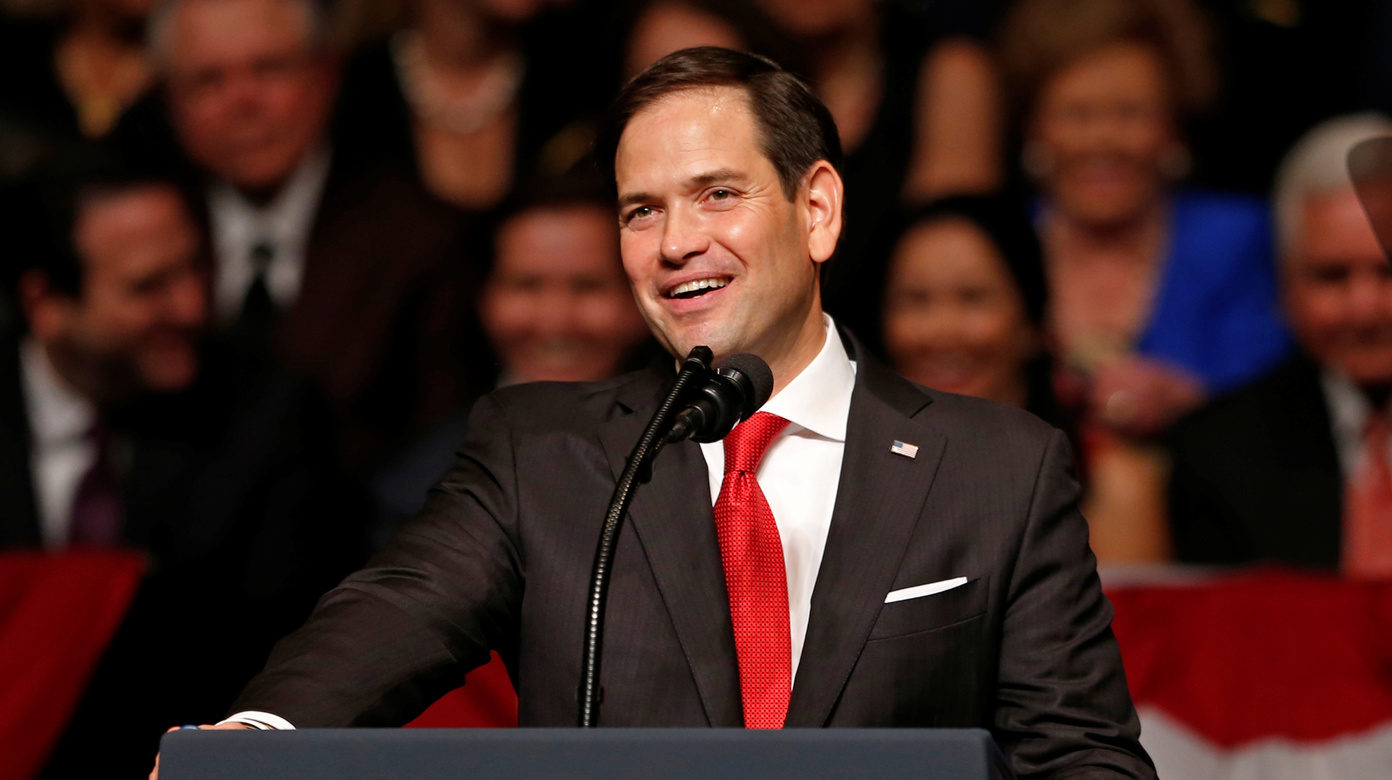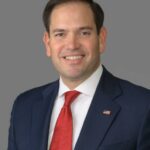

America’s ability to meet the challenges of tomorrow rests on our conviction to turn a new economic page today.
RECOMMENDED READING
The coronavirus pandemic is a generation-defining moment for the American people. Facing tremendous suffering, we have seen heroic stories of self-sacrifice and bravery, and communities overcoming tectonic disruptions by pulling together in mutual support.
These classic virtues of the American character normally go unnoticed, but they are indispensable during a crisis. Similarly, businesses and jobs we treated as mundane, even dispensable, before the pandemic are now deemed essential to our nation’s survival.
Before the coronavirus, few Americans gave thought to where medical equipment like ventilators, protective gear, and basic pharmaceutical ingredients were made. Now, they wonder why we have had to buy our protective equipment from China, which has threatened to cut us off.
But insofar as coronavirus has changed things, it has also revealed long-standing truths about the pre-pandemic economy. America hemorrhaged manufacturing capacity because conventional wisdom held that economic resources were better allocated based on maximizing efficiency, as opposed to ensuring resilience. Offshoring the bulk of our manufacturing base might have been “efficient,” but it also meant sending millions of dignified jobs with it, leaving communities across the country with shattered families and soaring addiction rates.
Those same communities – and many more – are now suffering because America’s service-oriented economy is bearing the brunt of crushing public health lockdowns. No economy can escape a global pandemic unharmed, but decades of shortsighted lawmaking and corporate leadership made America unacceptably vulnerable.
But a pandemic is only one of the emergencies that any society can expect to encounter. War is another. Our dependence on China now extends to high-technology national security industries, like rare-earth minerals and integrated circuits.
Imagine the leverage that Beijing would command over us in the event of armed conflict. Lacking the ability to make them ourselves, America would be deprived of goods like the drugs needed to keep our military healthy or the materials that power our defense systems.
These vulnerabilities are obvious and intuitive. Only an economist could argue that we should make F-35 fighter jets in China because it’s cheaper. But, as Julius Krein writes in “Planning for When the Market Cannot,” the logic of economic efficiency denies that government should play any role in deciding what is necessary.
The logic of economic efficiency holds that politics either cannot decide what is necessary or will make the wrong decision, so determining the allocation of resources is better left to unregulated market forces. In many cases, American capitalism has proven remarkably adept at doing exactly that. It has cured diseases and led to incredible technological advances. And there is no other way for an economy to grow and innovate, especially in a country as large and diverse as ours.
“The great casualty of prioritizing efficiency is a lost focus on the political common good. It is an inability to identify what is necessary and to enact in law and practice the means to achieve it.”
However, there are obvious exceptions. The capacity to meet medical needs in a pandemic is not efficient, but it is necessary. A robust, secure, domestic food chain sacrifices some efficiency for the assurance that we can feed our population.
As Beijing uses its newfound industrial capacities to strengthen the Chinese Communist Party, the American public will face new decisions about what is necessary. After China botched its response to the initial break-out of the coronavirus in Wuhan, it turned all production of masks inward. American companies operating in China couldn’t get supplies to Americans. It may be efficient to pool our economic resources with China, but it is not good.
The great casualty of prioritizing efficiency is a lost focus on the political common good. It is an inability to identify what is necessary and to enact in law and practice the means to achieve it. Losing that focus has only served to separate the components that compose a functional civil society: family, work, faith, community, and the mutual obligations of citizenship.
For conservatives, this failure is not a natural consequence of a belief in limited government. Elected officials playing a role in deciding what is integral to the national interest is not authoritarianism, and marshaling the resources to achieve that is not socialism. As Wells King writes in “Rediscovering a Genuine American System,” the prudent pursuit of the common good is the great tradition of American political conservatives. Like Washington, Lincoln, and Reagan, our task is to address challenges in a way consistent with American principles of government.
These principles are not the absence of choosing and pursuing what is good, but themselves guides to what is good. For example, self-sufficiency in medical supplies is good. American corporations producing pharmaceutical ingredients should have the duty to identify to the government where the domestic supply chain is deficient, and public finances should be leveraged to make them sufficient.
But it cannot stop there. Any serious effort to grapple with our vulnerabilities must place a pro-American industrial policy at its center. This means identifying economic sectors vital to the national interest and helping them thrive in the United States. The federal government can accomplish this by encouraging investment via tax incentives and robust federal guarantees, as well as implementing full expensing, reshoring some supply chains, and spurring the development of others through federally guided cooperatives.
Reshoring jobs in critical manufacturing sectors is not right only because they’re instrumental to our national defense. The loss of dignified, productive work poses an existential threat to the common good of our nation. Ensuring that these jobs exist acknowledges the profound, inseparable connections in our society between work, family, community, and country.
Historians will look back on the coronavirus pandemic as a point of national inflection and, hopefully, as a corrective to the policy choices of the last few decades. America’s economic policy must match the strength and spirit of our people, and our ability to meet the national security challenges of tomorrow rests on our conviction to turn a new economic page today. I am optimistic that the winds are changing, with organizations like American Compass already proving essential in the process of charting the right course.
Recommended Reading
Why GOP Can’t Stop Pushing Tax Cuts
American Compass’s Oren Cass discusses the next round of GOP proposals to address the coronavirus pandemic.
Coronavirus Means the Era of Big Government Is…Back
American Compass’s Oren Cass argues that “one lesson we can and should learn from all this is that you can’t just flip a switch on strong, effective government when you need it.”
Coronavirus Exposes a G.O.P. Divide: Is the Market Always Supreme?
The NYT features American Compass as a new organization with plans to foster debates on economic issues dividing the right, accentuated by the present national crisis.











